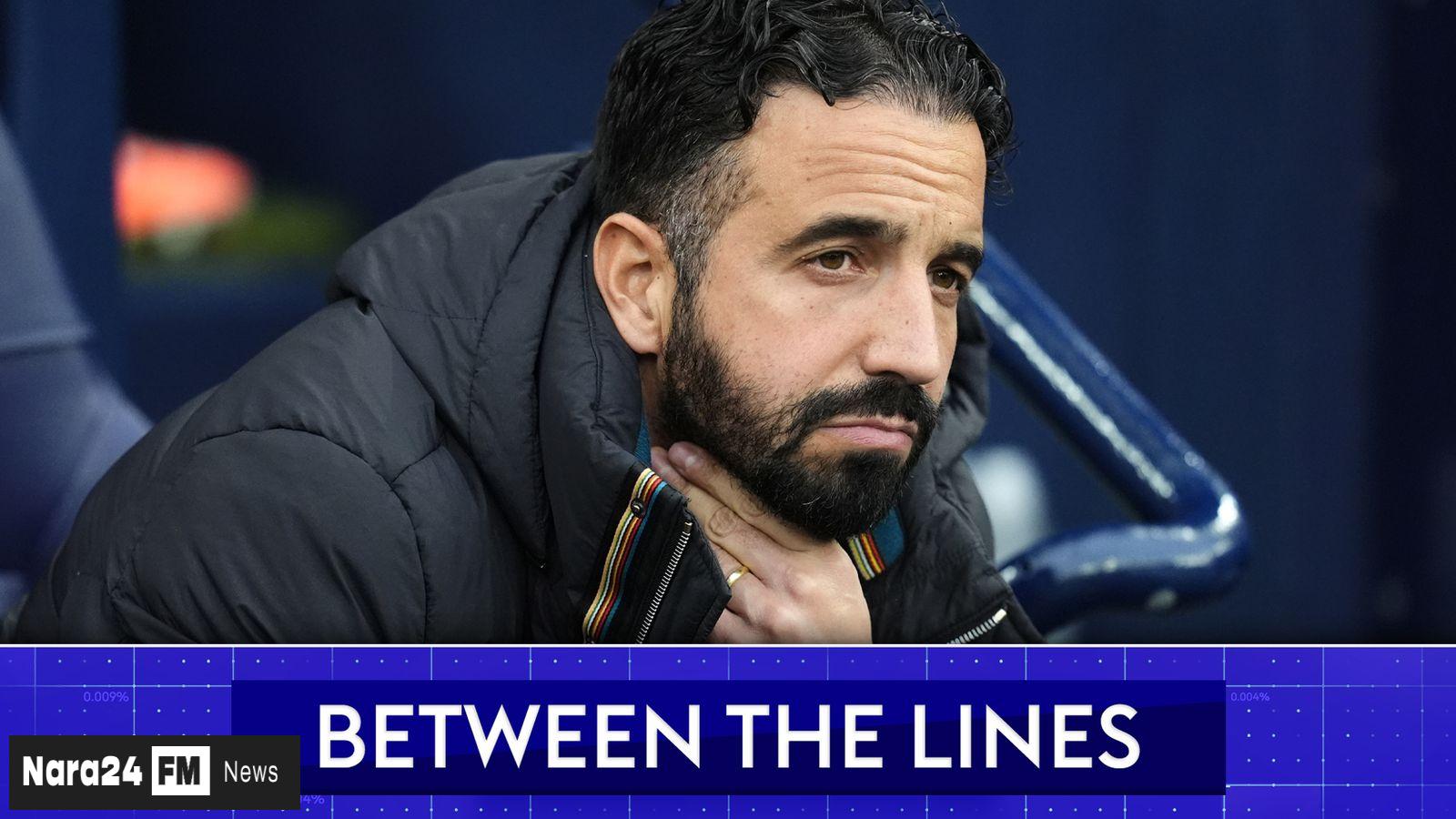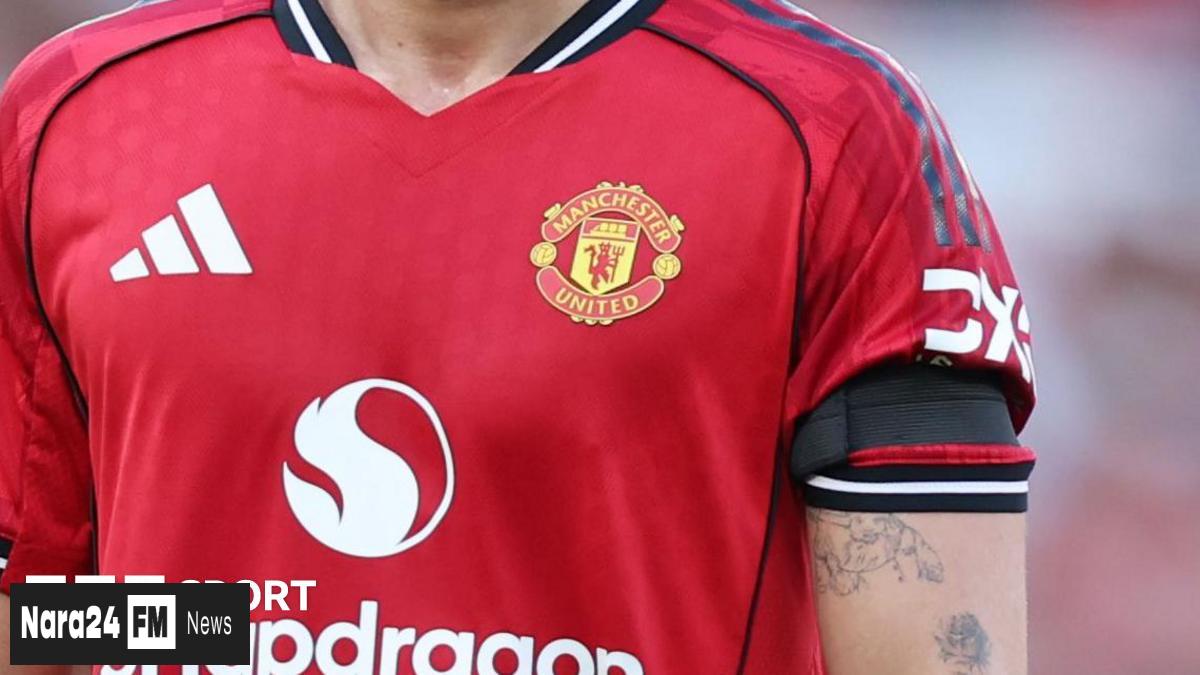Man Utd's Tactical Dilemma: Can Amorim's Three-at-the-Back System Deliver?
Following Manchester United's 3-0 derby defeat to Manchester City, questions loom over Ruben Amorim's steadfast reliance on a three-man defensive setup. The Portuguese coach has vowed not to alter his system, even as the club's performance under the 3-4-2-1 formation plummets, leaving them with the worst record among ever-present Premier League teams since his arrival.
A Philosophy in Conflict
Amorim, who transitioned from Sporting Lisbon to Old Trafford, has consistently employed a back three in 189 consecutive league games as a manager since 2020. His preferred 3-4-2-1 structure, used in all four of United's Premier League matches this season, has yielded a dismal win rate of 25.8%—a stark contrast to his 77.2% success rate at Sporting. With just eight wins and 16 losses in 31 games, United now occupy the lowest position among teams that have remained in the league throughout the campaign.
Why the Back Three is Out of Sync
While formations like 4-2-3-1 dominate the modern Premier League, Amorim's 3-4-2-1 is an anomaly. The graph reveals its usage has surged since the 2016/17 season, largely due to his persistence. However, only Crystal Palace and Wolves have regularly adopted the back-three strategy in the same timeframe, placing United in a minority. This deviation has exposed weaknesses, particularly in defensive organization and goal-scoring efficiency.
Lessons from the Competition
Crystal Palace's recent FA Cup triumph and Europa League qualification under Oliver Glasner demonstrate that the back three can succeed in top-tier football. Yet, United's inability to replicate this success highlights deeper issues. Despite significant spending on attacking talent like Bryan Mbeumo and Matheus Cunha, the team has struggled to convert chances, further complicating Amorim's approach.
The Pressure Mounts
Amorim's refusal to adapt has drawn criticism, including from former player Roy Keane, who lambasted the midfield structure. As the club's patience is tested, the question remains: can a system that worked in Portugal thrive in England's high-intensity environment? With the Premier League's tactical landscape evolving rapidly, United's reliance on a minority formation may prove unsustainable unless key players and strategies align with its demands.








Comments (0)
Leave a Comment
Be the first to comment on this article!